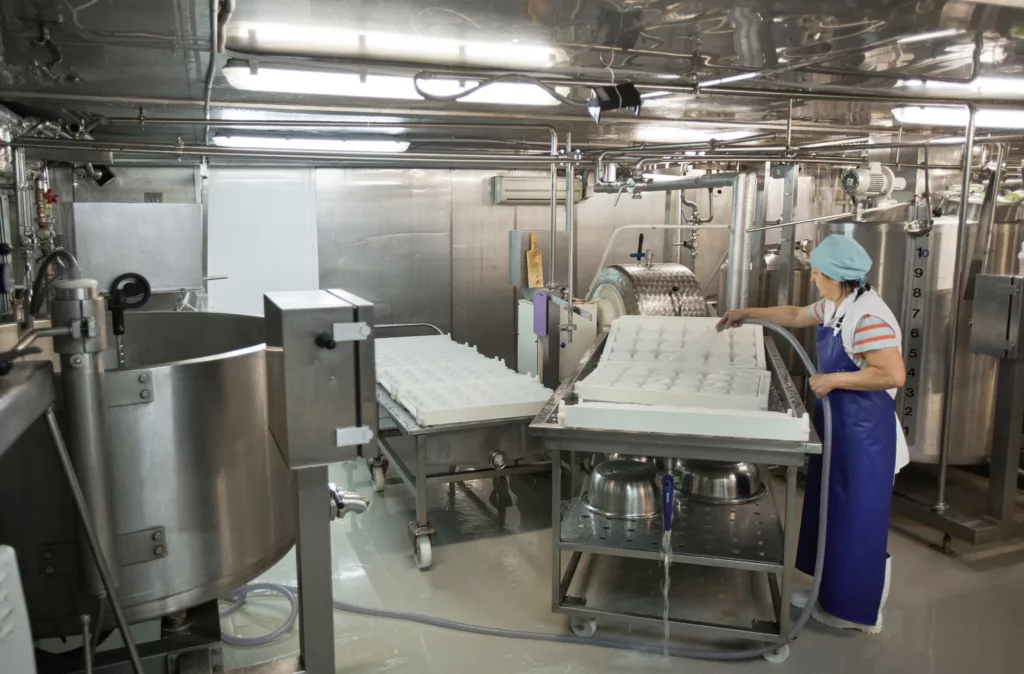Industrial washers are powerful machines, capable of fully sanitizing hundreds or even thousands of process items an hour. While automated washers are designed to operate fairly independently, industrial washer safety practices are still extremely important.
The Importance of Industrial Washer Safety
Misusing an industrial washer could result in damage to the machine, requiring timely repair or parts replacement, or injury to the operator. It could also result in resource waste, detracting from your Return On Investment (ROI).
Below are 7 safety Do’s and Don’ts to ensure that your industrial washer is being used safely and efficiently.
Don’ts:
1. Open the door during the machine cycle.
There may be a delay between cycle steps, so ensure the cycle is complete by visually checking that the ‘Run’ light is not illuminated. Opening the washer door during its wash cycle cause injuries and damage to the machine.
2. Hose down any electrical components.
Doing so could corrode the connections, creating an open circuit. This could be a serious safety hazard. If your washer’s electrical components have begun to corrode, call the manufacturer’s service department immediately.
3. Remove any access panels or pit grids while the unit is in use.
4. Touch the outside of the cabinet without wearing gloves.
5. Attempt any service or adjustments unless you are a qualified service person.
Attempting to adjust the machine without the proper qualifications could cause injury to the individual and permanent damage to the machine.
6. Increase the speed of the hydraulic pump operating the door.
This could cause damage to the machine.
Do’s:
1. Turn off & lock out electrical supply to the unit before attempting maintenance or repairs.
2. Wear safety glasses.
3. Check inside the unit before starting the cycle to ensure nothing is inside.
4. Keep hands and clothing clear of moving parts.
5. Ensure safety rules are always followed.
Create a Standard Operating Procedure (SOP) for the operators to follow, that outlines the safety guidelines for the machine, as well as daily maintenance and safety tasks.
6. Ensure all electrical panel enclosures are closed before using the machine.
Adhering to these basic industrial washer safety guidelines will go along way in ensuring the longevity of your machine, and the safety of the operators.
Still, this isn’t an exhaustive list. For more information on your machine’s safety features and guidelines, contact the manufacturer.

